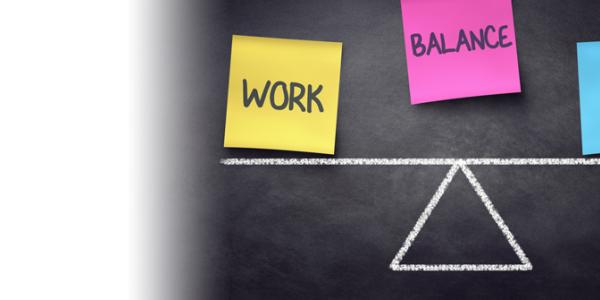
These events, while not fun, are normal and no cause for concern. Even if we’re unsure of what part of our lives is causing the disruption — whether it be family, work, financial, or personal concerns — these feelings should resolve themselves with time. However, if you regularly experience negative feelings — or experience them for a prolonged period of time — the cause could be burnout or depression.
Burnout and depression may share some similar symptoms, but they actually are two distinct conditions. Experts haven’t entirely agreed on how to define burnout since it can have such a wide array of symptoms, but it is thought to be caused by chronic stress relating to work or other ongoing activities such as caring for a family member or raising a family. However, because burnout is typically work-related, some main symptoms have been identified. These are:
- Exhaustion – A feeling of emotional or physical exhaustion and the inability to cope due to lack of energy is a common symptom of burnout. Sometimes physical symptoms accompany this, such as body pain or stomach and digestive issues.
- Feeling alienated from work-related activities – Feeling that your job is increasingly stressful or frustrating, feeling cynical about work and colleagues, distancing yourself from co-workers, or simply feeling numb about work are all common symptoms of burnout.
- Reduction in performance – Burnout can make you feel negative and you may find it hard to concentrate on tasks. Sluggishness and a lack of creativity can also occur. Everyday tasks are often affected and your overall performance can suffer.
These symptoms might sound very similar to the symptoms of depression, and they can be, which is why careful precaution should be taken when trying to distinguish burnout from depression. With burnout, most problems are related to work and adjustments made in relation to work will typically help. However, with depression, other important treatments such as therapy or medication may be needed. Depression also has certain symptoms that burnout doesn’t usually exhibit, including:
- Low self-esteem
- Feelings of hopelessness
- Suicidal thoughts
If you are exhibiting symptoms of depression for a prolonged period of time, be sure to speak with your doctor about treatment. Most people who suffer from depression can be helped with the appropriate treatment. What’s more, some experts believe that conditions such as depression and anxiety can lead to burnout, so taking care of it sooner rather than later is important. If you’ve ruled out depression as a diagnosis and believe that you are being affected by burnout, the treatment can still vary by individual. Some of the possible steps recommended to help alleviate burnout include:
- Learn to say “no” – Avoid taking on new commitments or responsibilities that aren’t absolutely necessary while you recover.
- Delegate – If you have the opportunity to pass some responsibilities or projects off to someone else, consider doing so.
- Take breaks – Give your mind and body a chance to relax in between big tasks or projects so that you’re not constantly in a stressful state.
- Leave work at work – Being constantly connected makes it difficult not to answer texts, check emails, or take calls, but it’s important to set boundaries.
If you’re unsure what steps to take to recover from burnout, therapy can also be a viable option.
This article first appeared in the June 2018 edition of the HealthPerks newsletter.

